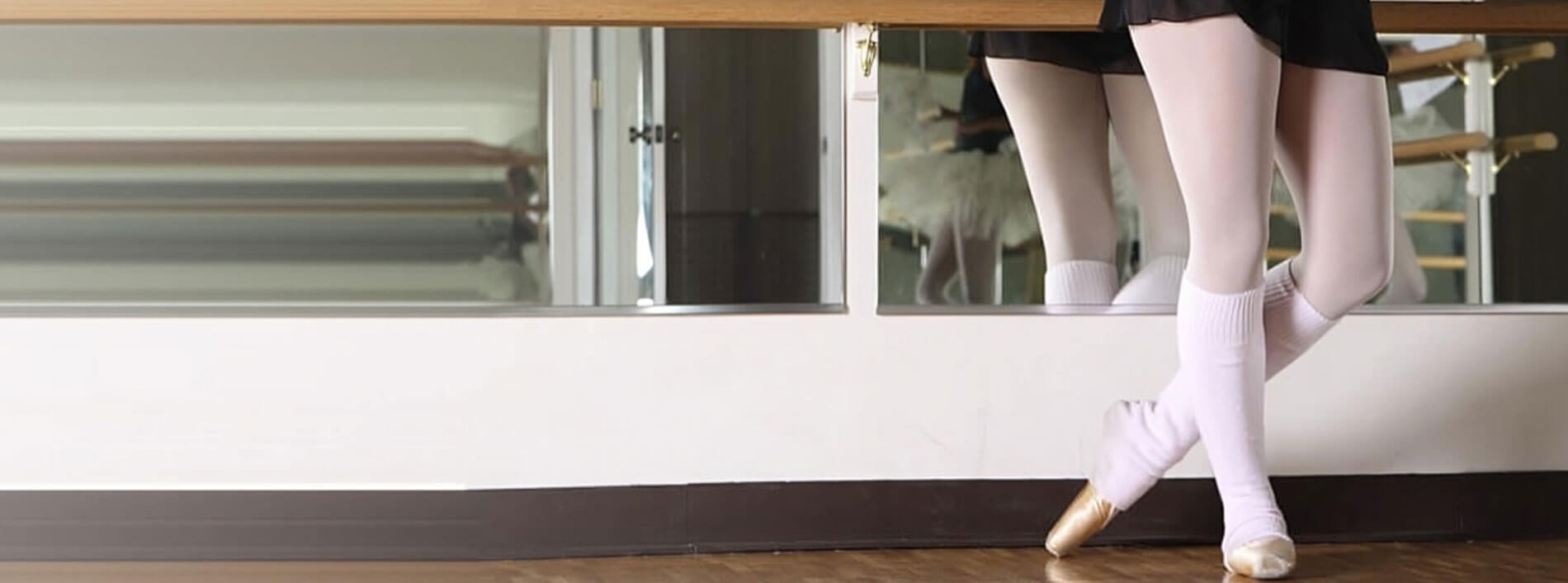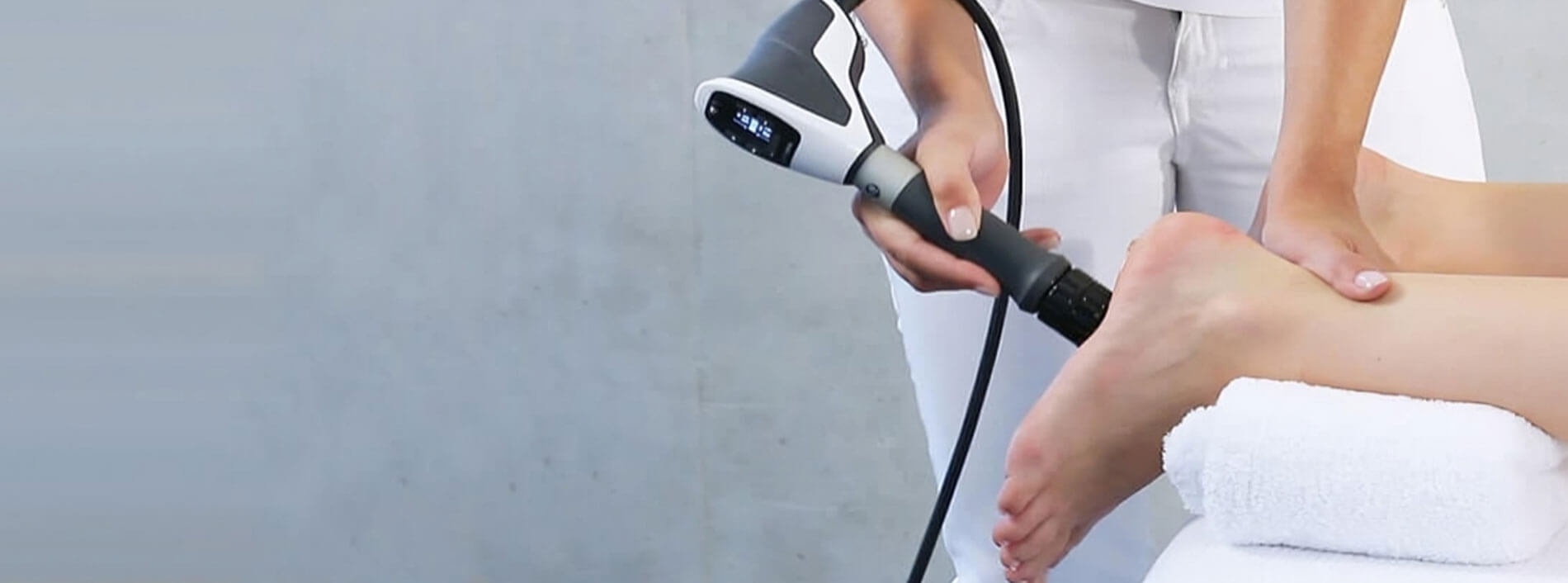


slide-ballet.jpg
slide-university.jpg
shockwave-therapy-curamedix.jpg
WE PROVIDE FOOT CARE FOR THE WHOLE FAMILY
Suffering from foot, ankle or heel pain?
As the official podiatrist for the Boston Ballet, Jordana Szpiro, DPM, FACFAS has the credentials and expertise to treat all your foot and ankle concerns. Located in Boston, MA, our practice, Boston Common Podiatry, has access to various advanced equipment regarding podiatric treatment and procedures, we have on-site x-ray and handicap entrance.
Boston Common Podiatry specializes in heel pain, skin conditions of the foot, sports medicine, general podiatric care, laser wart removal, laser treatment for fungal nails, and we offer custom made orthotics as well! We perform procedures involving surgery, as well as shockwave therapy (EPAT) and Sculptra foot fillers. As a practice, we work with each patient to develop a unique plan that will address all of their problems.
Dr. Szpiro and Dr. Bolla are experts in laser wart removal and the treatment of toenail fungus through the use of laser therapy. Dr. Szpiro has lectured extensively on various topics, most recently at the APMA Annual Scientific Meeting on laser treatment for toenail fungus. Whatever podiatric concern you may be facing, our doctor is sure to be able to help!
We have an employee that speaks fluent Spanish.
To schedule an appointment, call us at (617) 286-5163. We accept a variety of insurance plans and payment with cash, check, or credit card.
Hyperhidrosis of the feet, also termed plantar hyperhidrosis, is characterized by excessive sweating of the feet that can be onset by any cause, such as exercise, fever, or anxiety. Most people suffering from hyperhidrosis of the feet also experience hyperhidrosis of the hands, or palmar hyperhidrosis. Approximately 1-2% of Americans suffer from this disorder.
Sweating is a healthy process utilized by the body in order to cool itself and maintain a proper internal temperature, which is controlled by the sympathetic nervous system. In individuals with hyperhidrosis, the sympathetic nervous system works in "overdrive", producing far more sweat than is actually needed.
Plantar hyperhidrosis is considered primary hyperhidrosis. Secondary hyperhidrosis refers to excessive sweating that occurs in an area other than the feet, hands, or armpits, and this indicates that is related to another medical condition, such as menopause, hyperthyroidism, or Parkinson's disease.
Symptoms of hyperhidrosis of the feet can include foot odor, athlete's foot, infections, and blisters. Because of the continual moisture, shoes and socks can rot which creates an additional foul odor and can ruin the material, requiring shoes and socks to be replaced frequently. In addition to the physical symptoms, emotional health is often affected as this disorder can be very embarrassing.
If left untreated, hyperhidrosis will usually persist throughout an individual's life. However, there are several treatment options available. A common first approach to treating hyperhidrosis of the feet is a topical ointment. Aluminum chloride, an ingredient found in antiperspirants, can be effective at treating hyperhidrosis if used in high concentration and applied to the foot daily. Some individuals can experience relief this way, while others encounter extreme irritation and are unable to use the product. Another procedure is the use of Botulinum Toxin A, commonly referred to as Botox. This is injected directly into the foot, and is effective at minimizing the sweat glands in the injected area. These injections must be repeated every 4 to 9 months.
If these treatments are ineffective, oral prescription medications may be taken in an effort to alleviate the symptoms. Again, some will experience relief while others do not. Going barefoot reportedly provides relief for most sufferers.
A final approach to combating hyperhidrosis of the feet is through surgery. Surgery has been less successful on patients with plantar hyperhidrosis than on those with palmar hyperhidrosis. It is only recommended when sweating is severe and other treatments have failed to work. This kind of surgery usually involves going into the central nervous system, and cutting nerves to stop the transmission of signals telling the foot to sweat.
